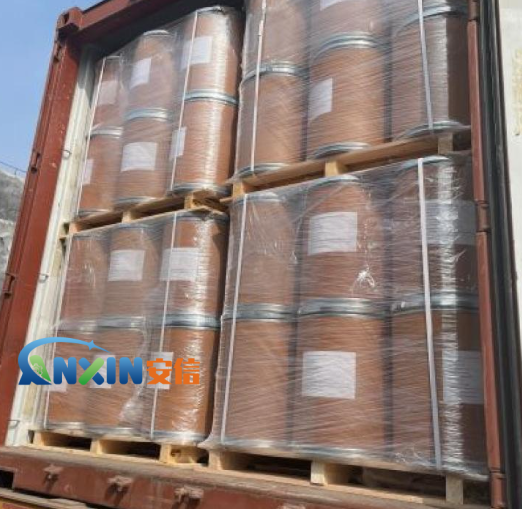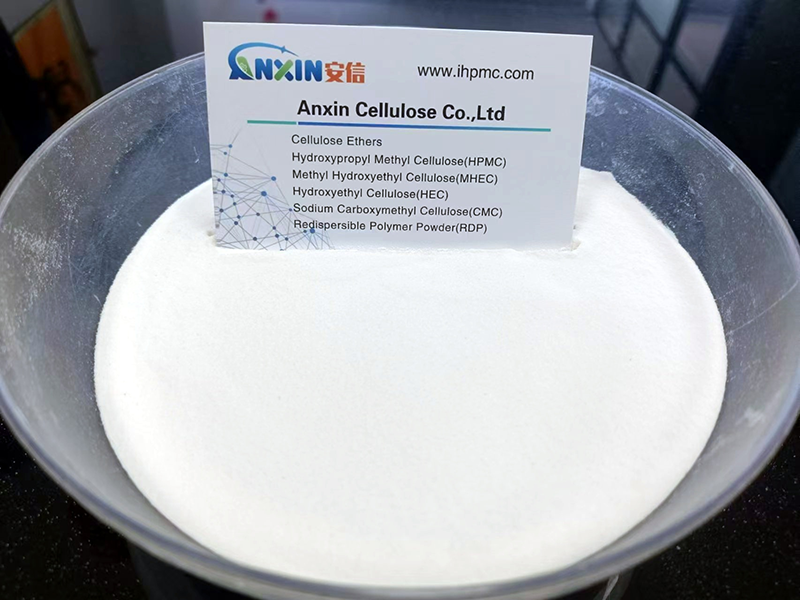Hydroxypropyl Cellulose (HPC) is an excipient widely used in the pharmaceutical field with a variety of functional properties. It is mainly used in solid preparations such as tablets and capsules. As a semi-synthetic cellulose derivative, HPC is made by introducing hydroxypropyl groups into the cellulose molecular structure, which gives it excellent solubility, adhesion and film-forming properties, making it versatile in tablet formulations.

1. Thickeners and Binders
HPC, as a thickener and binder, can help particles bond and form during the wet granulation process of tablet production. It has strong adhesion and can adhere fine powder particles together through wet granulation to form particles with good flowability and compressibility. These particles are easy to form and have good compressibility during tableting, resulting in high-quality tablets. In the tablet preparation process, the addition of binders can ensure the hardness, resistance to crushing and low brittleness of the tablets.
2. Controlled Release Agents
The controlled release effect of HPC in tablets is one of its most important applications. Due to its swelling and viscosity properties in water, HPC can form a hydration film on the surface of tablets, limiting the release rate of drugs, thereby achieving the effect of delaying drug release. In controlled-release tablets, HPC can effectively adjust the drug release rate by adjusting its molecular weight and addition amount, thereby prolonging the drug's duration of action, reducing the frequency of drug administration, and improving patient compliance. Its hydration layer gradually dissolves over time, and the drug release rate is relatively constant, making it have excellent application prospects in sustained-release tablets.
3. Film-forming agent
HPC's film-forming properties make it widely used in tablet coatings, especially water-soluble coating materials. Coating the tablet surface with an HPC film can form a thin and dense protective layer, which can not only mask the bitterness of the drug and improve the taste, but also protect the drug and increase the stability of the drug. Because HPC has good transparency and flexibility, the film it forms is uniform and smooth, and has little effect on the appearance of the tablet. In addition, the HPC film has good solubility in the gastrointestinal tract and will not have an adverse effect on the bioavailability of the drug.
4. Stabilizer
The protective effect of HPC is also very important in the application of tablets, especially for those drugs that are sensitive to light and humidity. HPC can effectively isolate the influence of air and moisture, and prevent the drug from deteriorating or oxidative inactivation due to moisture. Especially when the tablet coating is prepared in organic solvents, the stability and chemical inertness of HPC prevent it from reacting with the active drug ingredients, thereby ensuring the stability and shelf life of the drug.
5. Disintegrant
Although HPC is mainly used as a controlled release agent, it can also be used as a disintegrant in some immediate release tablets. Low-viscosity HPC can quickly dissolve and swell after contact with water, resulting in rapid disintegration of the tablet, thereby promoting the dissolution and absorption of the drug in the gastrointestinal tract. This application is suitable for some drugs that need to take effect quickly. HPC can achieve different disintegration characteristics in different tablet formulations by adjusting its molecular weight, addition amount and other excipients.
6. Application in orally disintegrating tablets
The water solubility and viscosity of HPC also show good effects in orally disintegrating tablets (ODT). In this tablet, HPC can enhance the dissolution rate of the tablet in the oral cavity, making it easier for patients, especially the elderly or children, to swallow. The water solubility of HPC enables it to dissolve and disintegrate in a short time, while its viscosity ensures the structural strength of the tablet and prevents it from breaking during production and storage.
7. Synergy with other excipients
HPC also has good excipient compatibility in tablet formulations and can synergize with other excipients (such as microcrystalline cellulose, carboxymethyl cellulose, etc.) to enhance the performance of the tablet. For example, when used in combination with microcrystalline cellulose, HPC can improve the fluidity and uniformity of the tablet while ensuring the hardness of the tablet; when used in combination with other adhesives, it can further enhance the adhesion of the tablet, improve the granulation quality and compression molding effect.

8. Influencing factors and limitations
Although HPC has many advantages in tablets, its use effect is also affected by many factors, such as molecular weight, concentration, humidity, etc. The larger the molecular weight of HPC, the higher the viscosity, and the stronger the ability to control the drug release rate; at the same time, excessive environmental humidity may cause the tablet to absorb moisture, affecting its stability. Therefore, when using HPC, it is necessary to reasonably select appropriate parameters to ensure the best effect in tablet formulation.
Hydroxypropyl cellulose has multiple functions in tablet formulation, including thickener, binder, controlled release agent, film former, stabilizer and disintegrant, which can effectively improve the quality of tablets and drug release performance. According to the specific drug properties and formulation requirements, different molecular weights and dosages of HPC can flexibly adjust the viscosity, disintegration and release rate of tablets, making it have important application value in the pharmaceutical industry.
Post time: Nov-04-2024